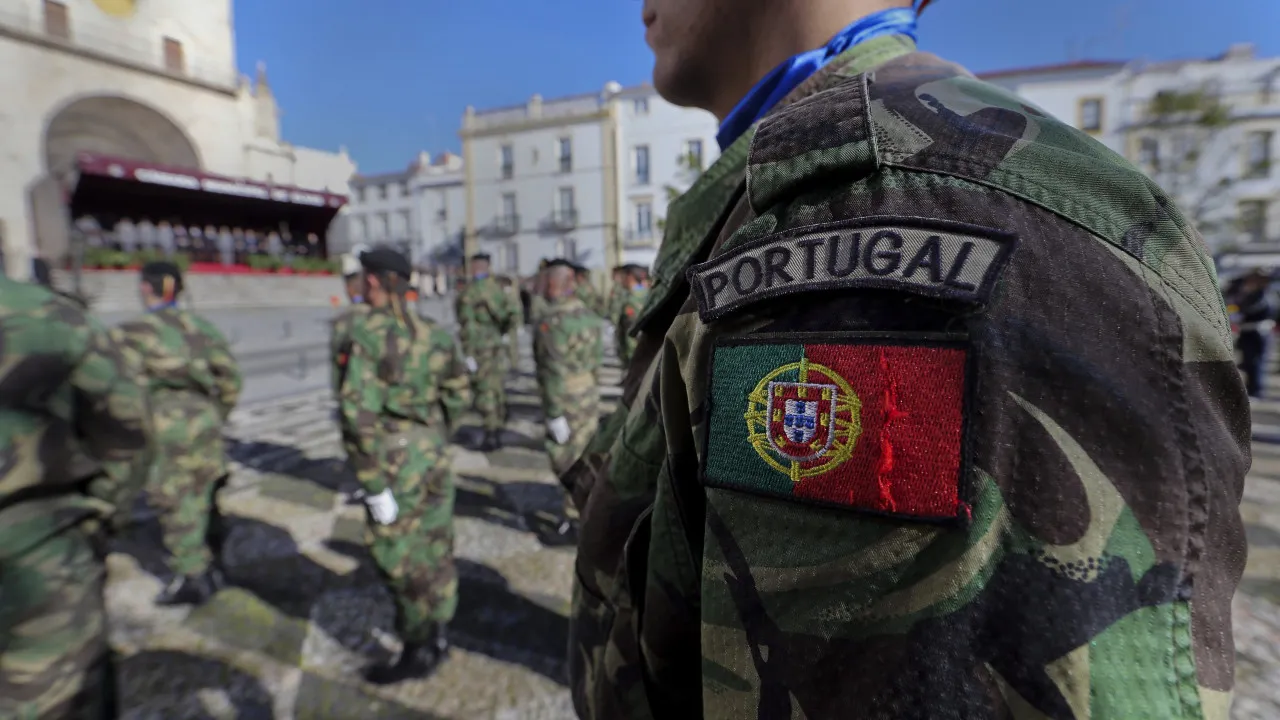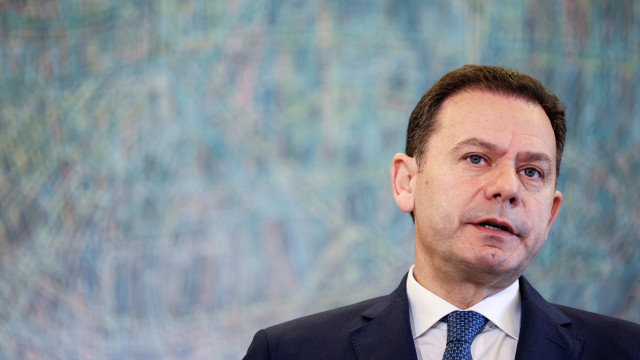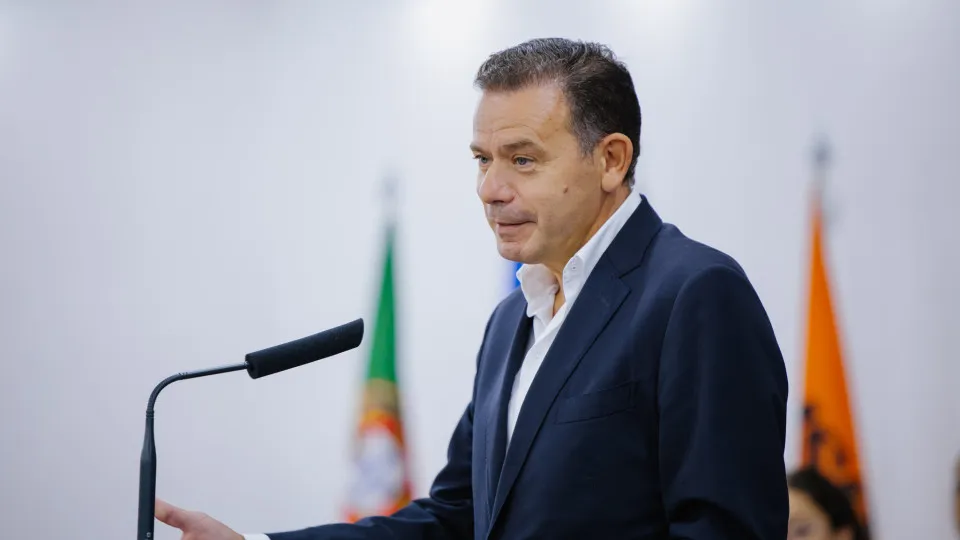
Data from a report prepared by the Directorate-General for National Defense Policy, accessed by the press, is set for discussion this afternoon in the parliamentary Defense committee.
The document states that 1,335 personnel were deployed in the second half of last year: 722 military members (54.1%) as part of NATO missions, 247 (18.5%) in the United Nations (UN), and 112 (8.4%) in European Union missions.
Additionally, 126 military members (9.4%) were engaged bilaterally and multilaterally, 39 (2.9%) in FRONTEX, and 89 military advisors participated in these missions.
The report highlights July, when Portugal participated in 26 missions and deployed up to 1,074 personnel simultaneously, the highest number for the entire year.
According to a chart summarizing the deployment of National Forces and FRONTEX personnel by month, the year began with 598 Portuguese military in international missions, which increased to 1,072 in April, 1,066 in May, 965 in June, and peaked at 1,074 in July.
The numbers then declined, reaching 740 in December.
The presence of women in international missions remained below 100 personnel each month, peaking at 91 in both July and November.
In terms of geographical areas, 35.5% of the missions took place in Central and Eastern Europe, 34.1% in Africa (central region and East Coast), 16.2% in the North Sea and Baltic Sea, 7.6% in the Gulf of Guinea and West African coast, 6.1% in the Mediterranean, and 0.5% in Asia and South America.
“In the second half of 2024, Portugal maintained a strong presence in multilateral (UN, EU, and NATO) and bilateral missions, with a special focus on the Southern Flank (Central and Sub-Saharan Africa, Gulf of Guinea, and Portuguese-speaking African countries), Eastern Flank (Romania and Lithuania), and the Atlantic, Baltic, and Mediterranean areas, deploying naval, ground, and air assets according to national defense policies,” the text reveals.
Consideration was also given to the conclusions of the 2023 NATO summit in Vilnius, Lithuania, “the operational situation arising from the war in Ukraine,” and “the volatility of the security situation in Africa.”
Despite geopolitical tensions leading several European countries to increase their presence in Eastern Europe, the report points out that Portugal continues to invest in Africa, the South Atlantic, and the Indian Ocean (Gulf of Guinea—Central African Republic—Mozambique—Somalia).
In the case of the Central African Republic, where Portugal has been present since 2016 with about 240 military personnel, as stated on the official website of the General Staff of the Armed Forces (EMGFA), Portugal’s participation has contributed “very committedly to the stabilization of the country.”
“This reality, together with the experience gained from continuous involvement in the mission, has allowed Portugal to gain a profound understanding of the Central African reality, its peculiarities, and the factors influencing mission performance. Field experience has also enabled Portugal to apply learned lessons (useful for guiding future deployments in the country and region), capitalizing on the leverage achieved by Portugal in this region,” the text further states.




